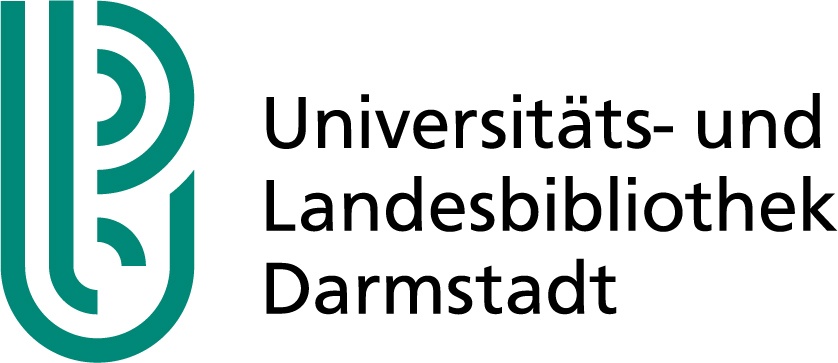Entering search terms
The “Books & More” tab initiates a fuzzy search. Other words forms (e.g. singular / plural) are also found and minor typing errors accepted. You can search for the precise input form using the “Articles & more” tab.
Truncation
As a wildcard for precisely one character, please enter a question mark ?.
Me?er = Meier or Meyer or Mener etc.
Use the asterisk * for a word stem search. It stands for any number of characters.
search* = searching, searcher, search query, search term etc.
Phrase search
To search for an exact word sequence or string, please use quotation marks “ ”.
“art and beauty in the middle ages”
The phrase search is also useful when searching for authors. Entering “last name, first name” will only search for this specific person.
“eco, umberto”
Combination of search terms
If you enter five or more search terms in “Basic search”, you will also see hits that do not contain all the terms. Use the Boolean operator AND to prevent this. Please use the phrase search if you want to search for an exact word sequence.
Boolean operators
A link with “and” is pre-set for up to three search terms. To link four or more terms, please enter AND or the plus sign +.
using new media
using AND new AND media AND students*
using +new +media +students*
If you want to find at least one of the terms you are looking for (but not necessarily all of them), use the operator OR. However, this usually results in large numbers of hits, and is only recommended for synonym searches.
youth* OR teen*
Use the operator NOT or the minus sign - to exclude unwanted terms.
media NOT televis*
Important: the operators must be capitalised. Multiple Boolean operators are processed in a fixed order of priority: 1. NOT, 2. AND, 3. OR
Complex search queries
You can also combine the above operators. Parts of the search query can be grouped with parentheses ( ).
(using new media) NOT televis*
Result display
The result lists are sorted by relevance. For “Books & more”: if the search terms appear in the Author and/or Title fields, the title information will be higher up the list of results than if the terms appear in the publisher's details or table of contents. If search terms occur more than once, this will also affect the assigned relevance. When entering a single search term, the appropriate one-word titles will be given preference in the result list.
For “Articles & more”: search terms from the keyword field have a higher relevance than terms from the title, author and abstract fields of full texts.
The result list can also be displayed by year of publication, author and title. You can also filter the list by various criteria, known as facets (material, subject, author, year of publication) to limit your number of hits.
Search for a specific book title
Please enter the main words in the title, and possibly the author's surname or the name of the publisher. We do not recommend entering the year of publication in the search field. It is better to filter this, or the publication period, in the result list.
Availability is displayed by means of traffic lights in the result list. You can find out where the book is by clicking on the hit in the detailed display that then appears. This information also includes the details of the holding library.
Search for a journal or newspaper
Again, entering the main words in the title under “Books & more” brings up a list of results from which you can filter out the titles you are looking for using the material type “Journal/newspaper”.
If you know the exact title, enter “Full title” in Advanced search.
The list of results provides both printed and digital journals. The print edition will provide a reference to the location, while e-journals will take you to the full text.
Search for an article
The “Articles & more” tab displays non-independently published literature from journals and databases. We suggest also using English terms in the search, as most of the evaluated databases contain title information in English.
With licensed offers, you can access the full text directly (PDF or html display) or via ReDI link resolver. With other titles, the availability is first queried or you only receive the bibliographic data from a database.
Search by topic
The search terms entered do not have to appear in the title of the publication, but can also be keywords or terms in the RVK notation.
If your search query generates a large number of hits, you can use the “Department” or “Keyword” facets to limit them.
You can also click on the keywords or classifications in the detailed display to see all the titles that are assigned to this group by topic.
Not found
…what you were looking for? If the title is not in our holdings, you are welcome to send us a purchase request. To order the title from another library outside Darmstadt, please use interlibrary loans.
Courses
ULB offers courses on various research topics: electronic media, journal literature, database research, interlibrary loans and reference management. Visit our workshops.
Contact
Use this form to send us any suggestions or criticism concerning the TUfind search portal: Contact form

